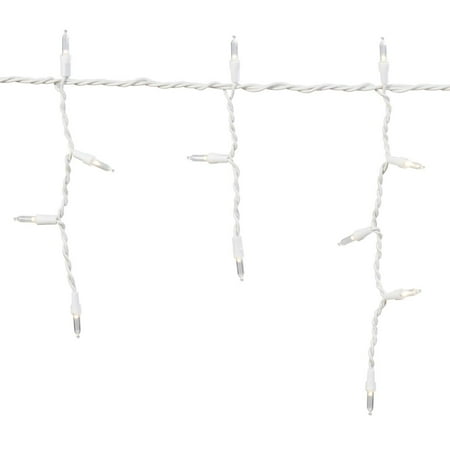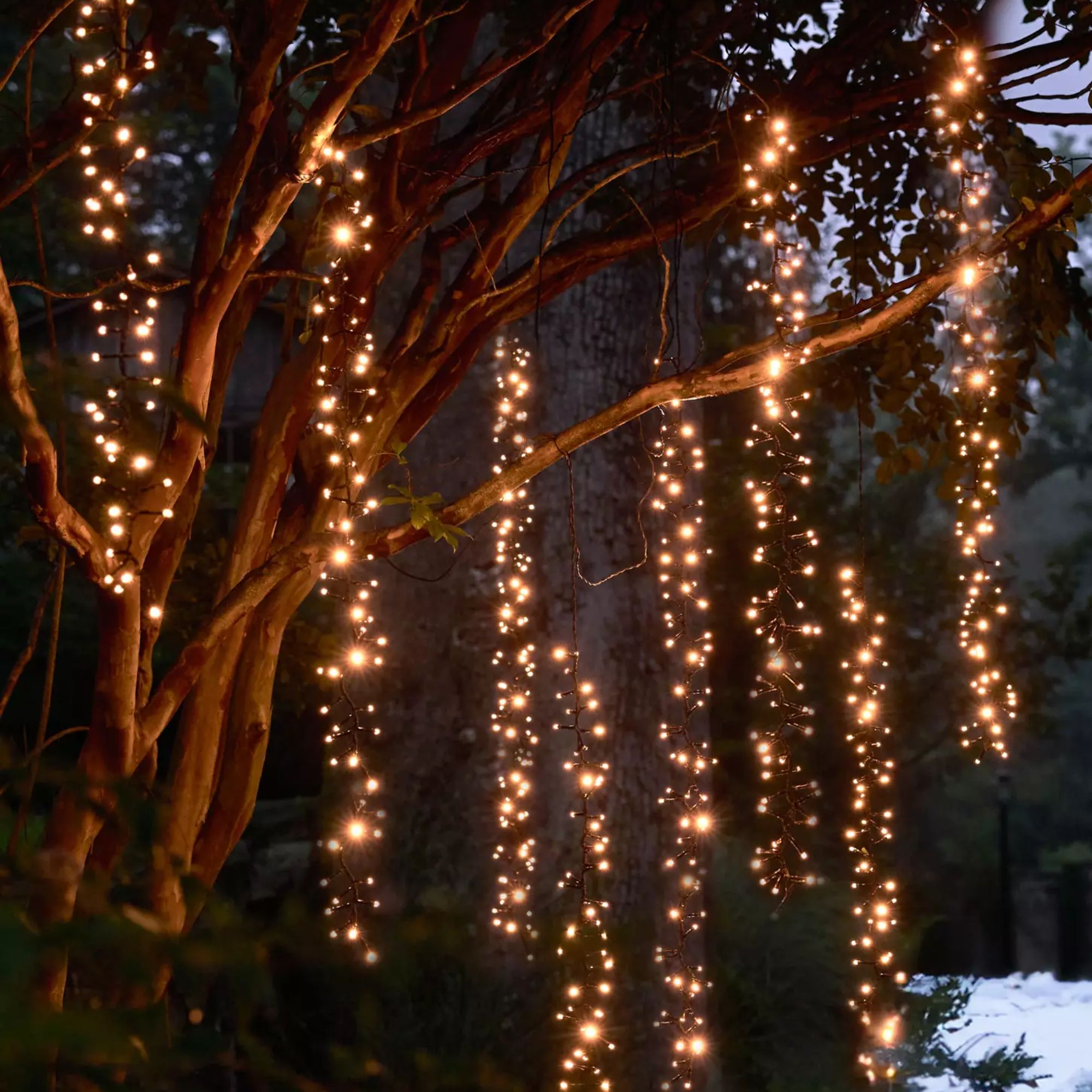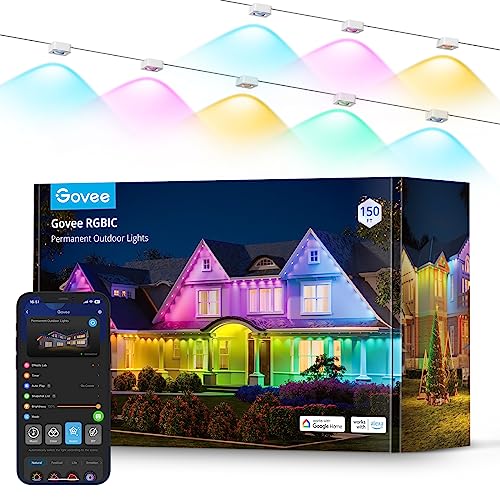Should you use solar lights at Christmas? 5 reasons experts say no, and what you should do instead
It seems like an eco-friendly idea, but solar lights are a bad choice for Christmas lighting

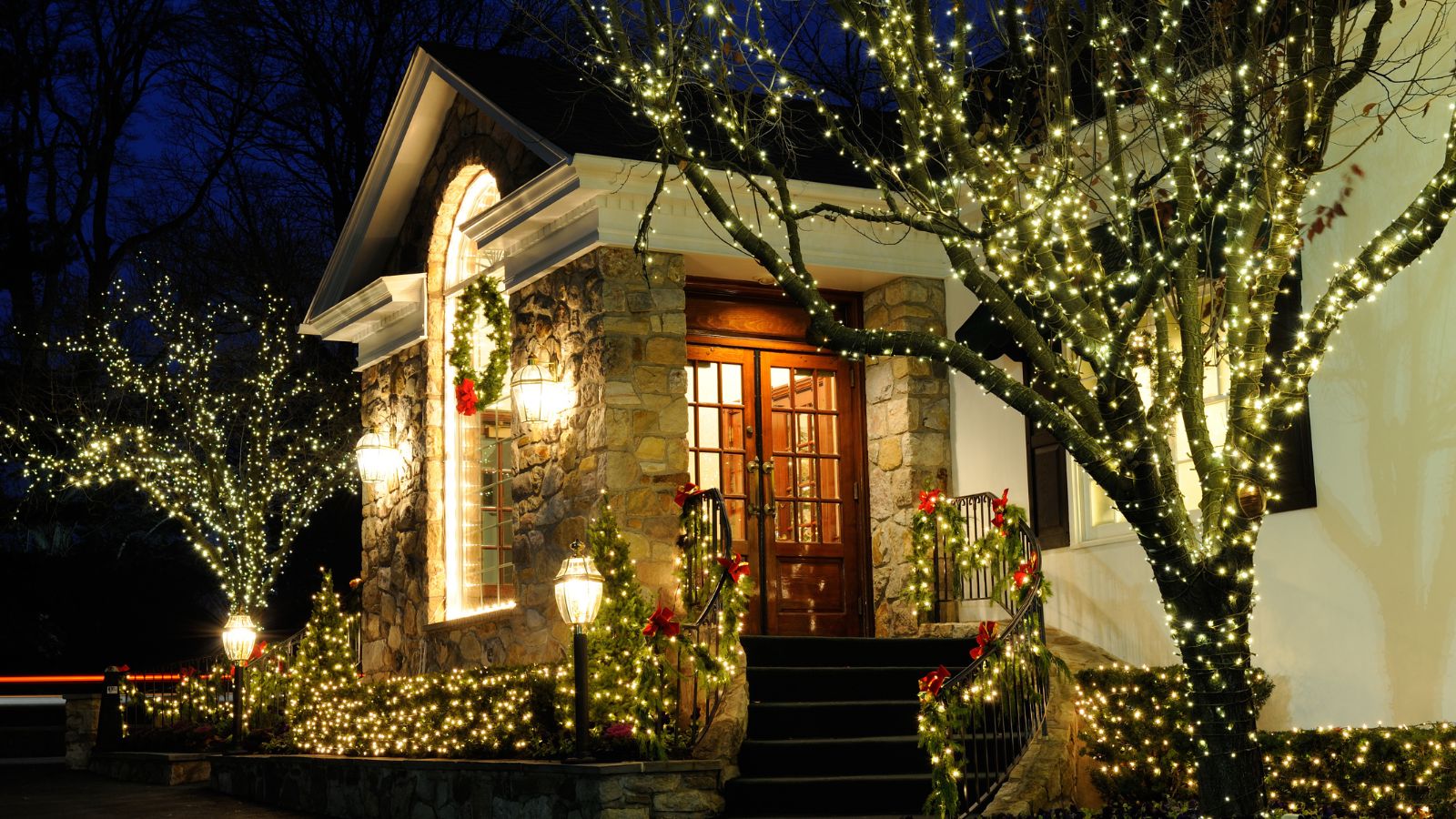
It's tempting to use solar lights as part of your Christmas light decor. They're an eco-friendly option, automatic, and won't add anything to your energy bills.
However, there are five big issues with using solar lights as Christmas lights. They simply aren't reliable enough to use as part of your festive lighting displays, and even the best solar lights could fail and ruin your light display.
I spoke with a lighting expert about why solar Christmas lights aren't the best idea, and what you should use instead.
1. Solar Christmas lights are not reliable enough
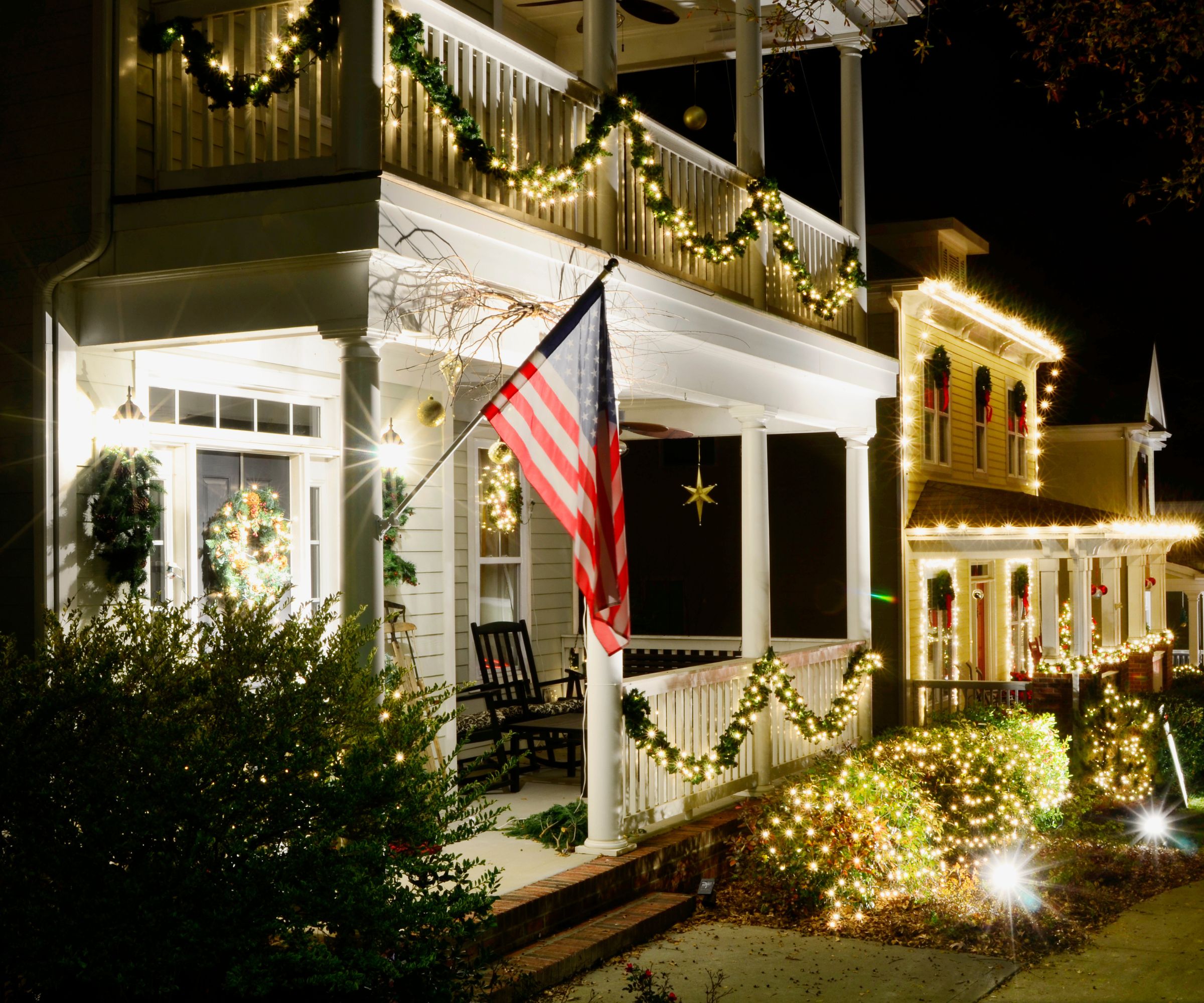
The first issue with using solar Christmas lights is that they can be unreliable. Solar lights need at least eight hours of sunlight to reach a full charge. This can be tricky in winter, as the nights get longer and there's a higher likelihood of rain and snow.
Lighting expert Dara Greaney says 'Solar lights can be hit or miss during winter, especially if you're in an area with short days or overcast skies. Less sunlight means the panels can't absorb enough energy, causing dim lights or shorter runtimes at night.'
This makes for spotty Christmas lights. You could have a great display just after the sun sets, but by the time your guests show up for dinner, the lights have failed. Dara adds 'For something like Christmas lights, they might not give you the sparkle you're looking for.'

Dara Greaney is the CEO and President of LEDLightExpert.com, a leading company in commercial lighting solutions. During that time LED Light Expert has sold hundreds of millions of dollars worth of LED Lights. Greaney has extensive expertise in lighting design, LED technology, and fixture design.
2. The batteries can become ineffective in cold weather
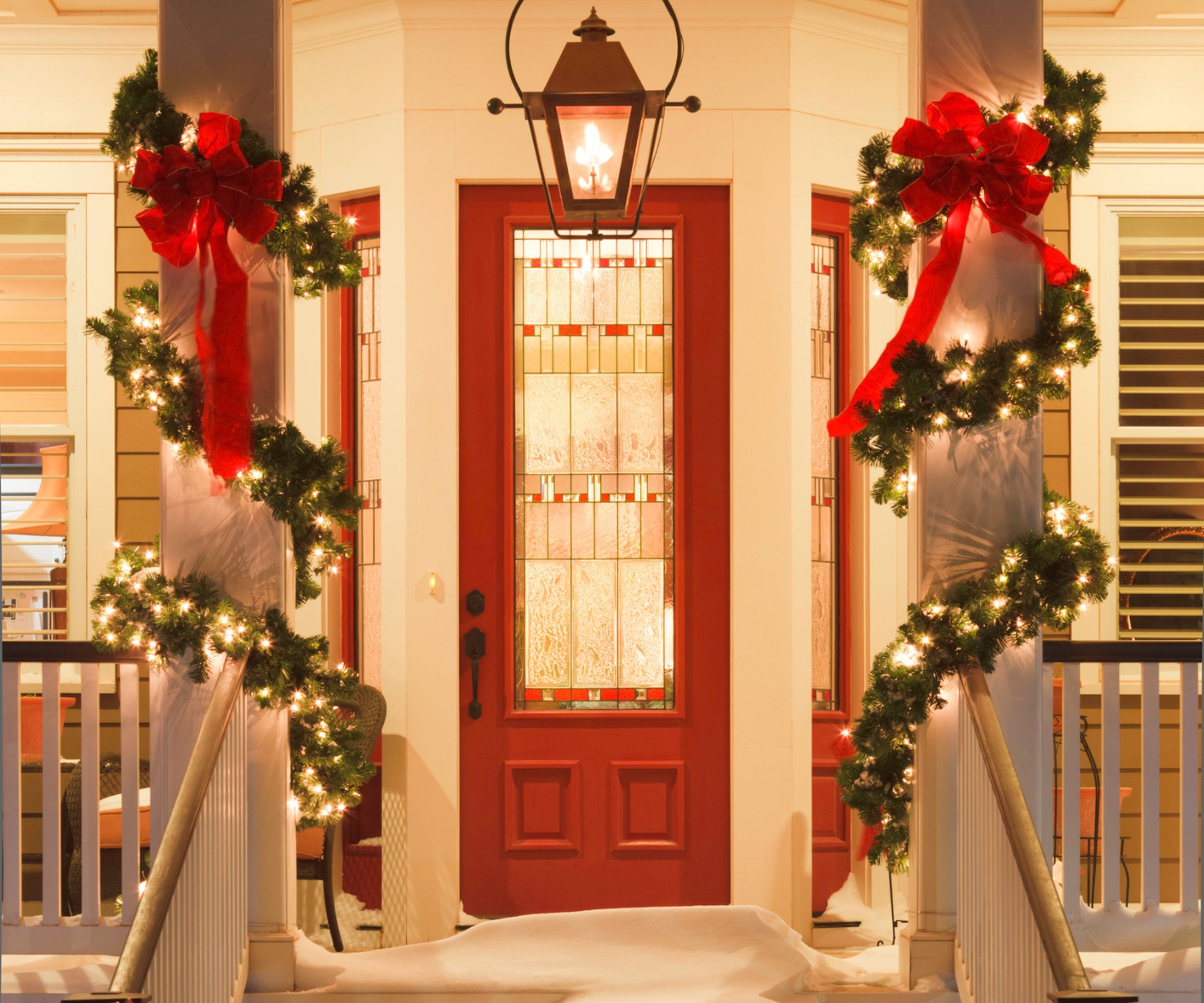
Solar lights have another weakness when compared to utility-powered lights: cold-resistance. Lighting expert Dara Greney explains 'The cold itself doesn’t mess with the solar panels, but it does affect the batteries. Batteries tend to lose efficiency in lower temperatures, which might mean your lights won’t stay bright or last as long overnight.'
Design expertise in your inbox – from inspiring decorating ideas and beautiful celebrity homes to practical gardening advice and shopping round-ups.
If you've ever found that your cellphone doesn't work in the cold, or you can't start your car in the snow, you already know this effect. Cold temperatures mean that the electrolytes in batteries are thicker, which makes it harder for the chemical reactions that produce electricity to work. This means that even if you have a bright, sunny winter day, your solar lights might not work at night because the day has been too cold.
The good news is that it isn't permanent - cold weather won't break your lights, it just makes it hard for them to work. On top of that, it's only an issue in colder, northern climates. If you live somewhere hot like Florida or southern California, you won't experience this effect.
3. Heavy snow can stop solar lights from working
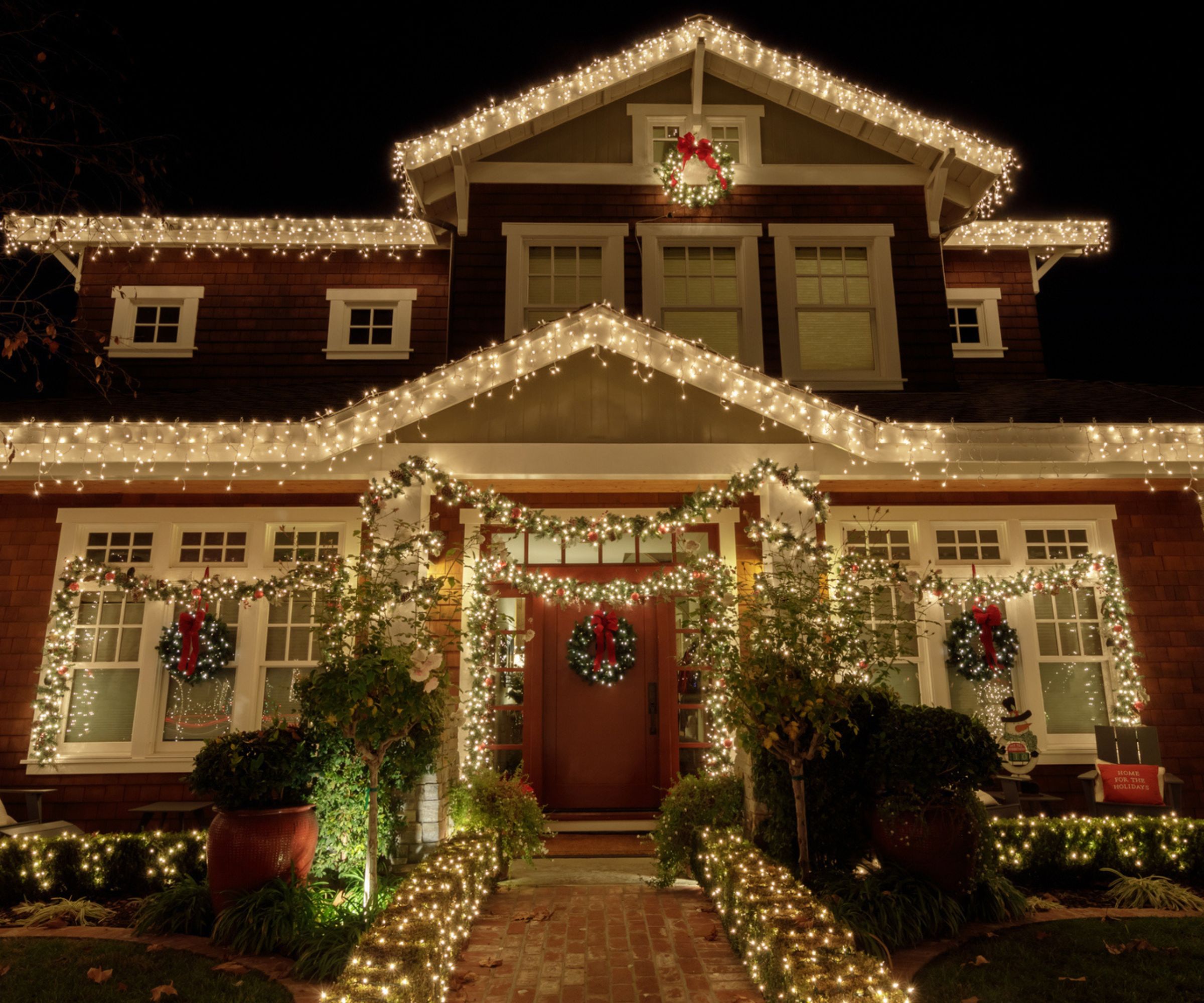
Solar lights are usually good at resisting water and snow. Most solar lights, even cheap lights, have at least an IP65 rating, which means that they can resist jets of water, and the best are IP68, which means they can be fully submerged in water for at least half an hour without breaking.
It seems like solar lights should be able to handle a little snow, but, Dara points out that snow can stop solar lights from working for a simple reason. Dara says 'If snow piles up on the panels, they're not going to get the sunlight they need. In snowy areas, you’ll want to clear them off regularly to keep them working.'
On top of that, snow will cool the batteries, adding to the battery discharge problem covered above. While your solar lights should stand up to a little snow, none of this is a problem for lights powered from utility lights, so they're easier to use.
4. They have limited versatility
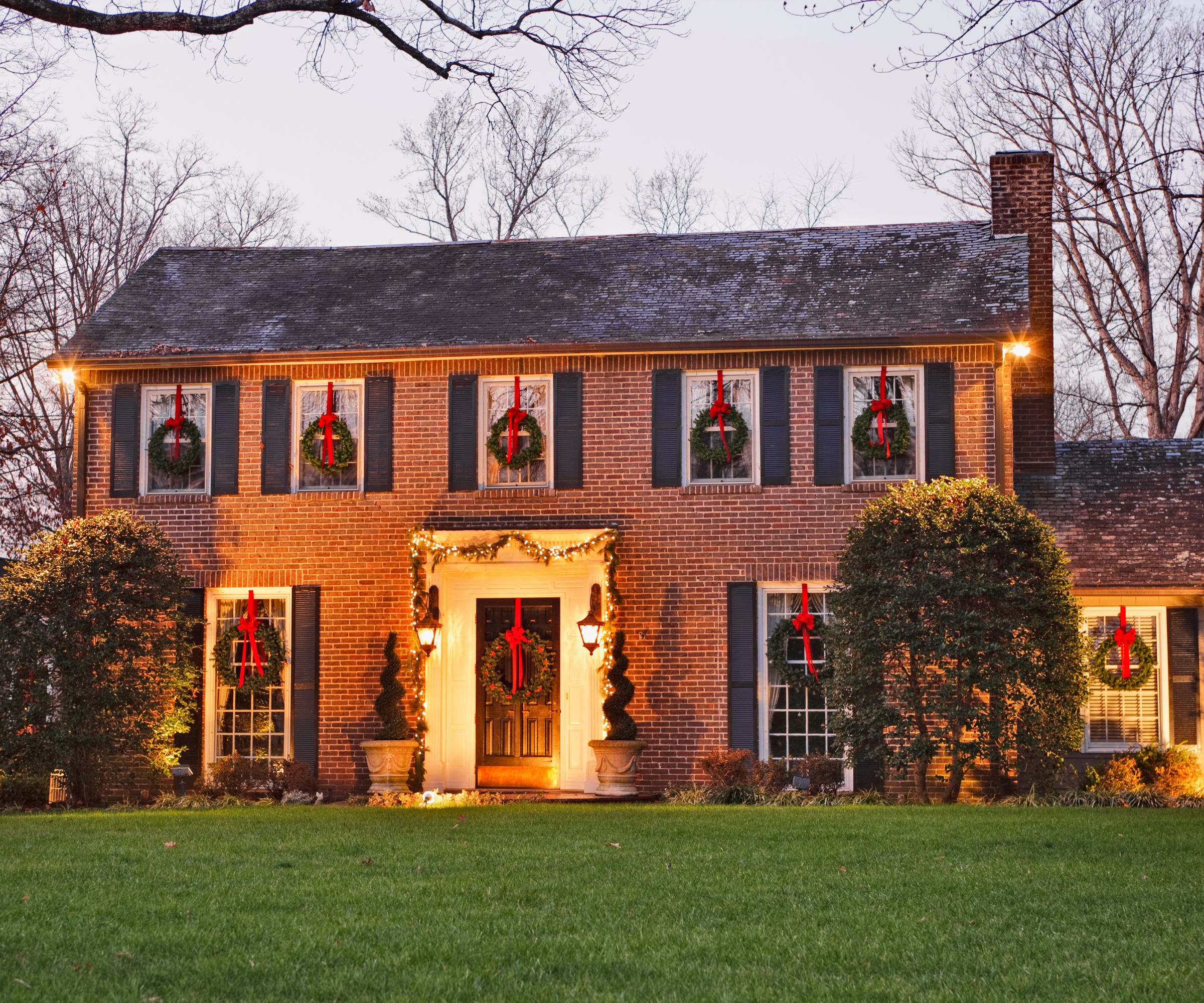
The final issue with using solar Christmas lights is versatility. Solar lights are for outdoor use only, so you can't use them wherever you want, which you can do with utility lights.
Dara says 'You can use solar lights indoors but they need sunlight to charge. So unless you have a spot that gets direct sunlight indoors, they’re not going to be super practical. You’d have to move them outside to charge them up, which is kind of a hassle.'
On top of that, you're limited as to where you can place solar lights. Solar panels need to be in direct sunlight, so eaves that are the perfect spot for string lights might not be suitable if they don't get enough sun.
In addition, solar panels are most effective when facing south, so if the front of your house faces north, you might not be able to use solar lights as part of your Christmas lights at all.
5. They are not hugely cost effective
Solar lights are usually seen as the cheapest option for lighting a garden. However, for Christmas lights, you aren't saving any money. Solar lights are more expensive than utility lights because the price includes the solar panel and batteries. These aren't included with utility lights, so you save a little money.
Use LED lights instead
In the end, utility lights are the smartest option. They don't have any of the issues outlined above, offering consistent Christmas lighting. Dara says 'If you're worried about reliability in winter, I’d go with traditional LED lights or battery-operated options. They're consistent, they stay bright, and you don’t have to think about sunlight or cold impacting them.'
Opting for solar Christmas lights is a common Christmas lighting mistake, but there are lots of other LED options to choose from. Make sure you consider lighting temperature, for golden lights rather than harsh, cold ones, and plan your lights around your lighting fixtures.

As a gardens and lifestyle contributor, Alex makes sure readers find the right information to help them make the best purchase. Alex got his start in reviewing at the iconic Good Housekeeping Institute, testing a wide range of household products and appliances. He then moved to BBC Gardeners’ World Magazine, assessing gardening tools, machinery, and wildlife products.
